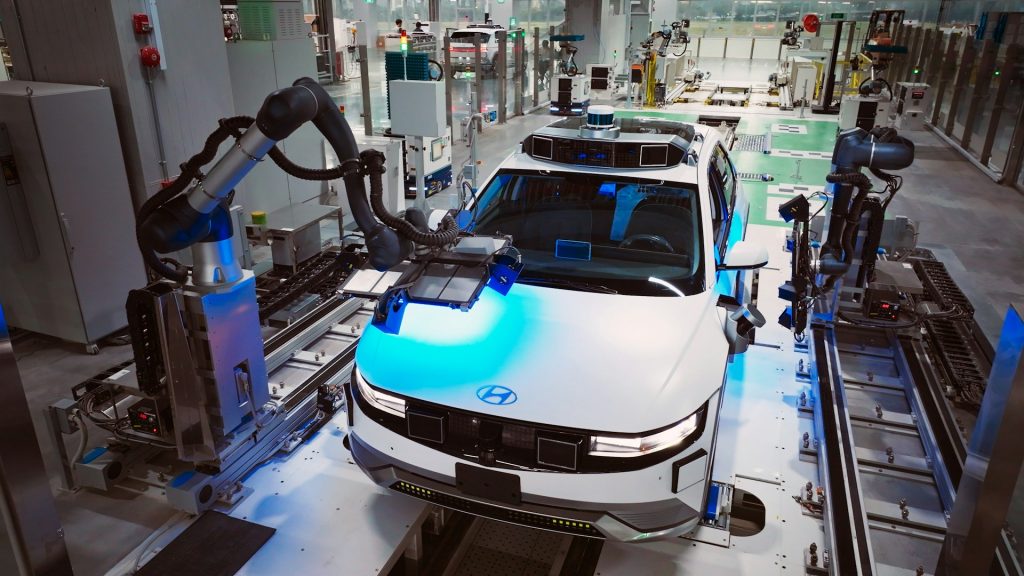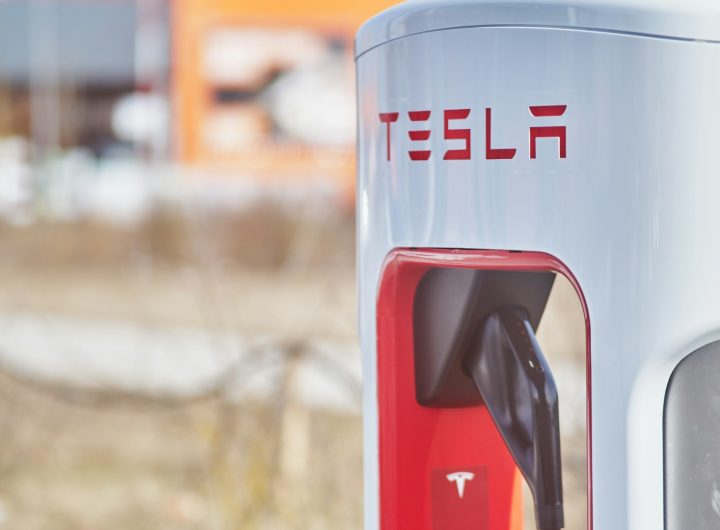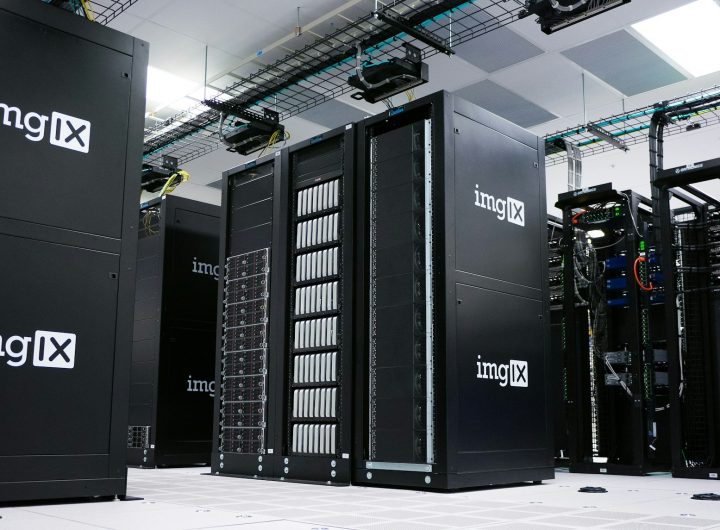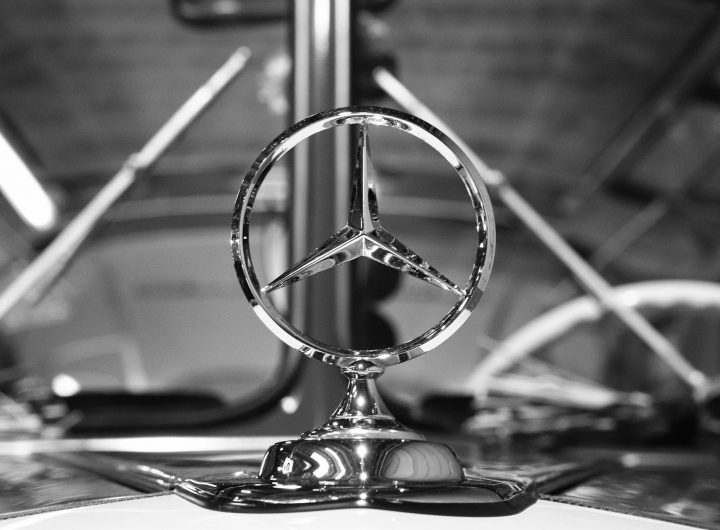
Germany’s automotive sector is in the midst of a severe downturn — and the impact is being felt beyond mass-market manufacturers like Volkswagen. Premium carmaker Porsche is also facing difficult decisions, particularly at its Leipzig facility, where the Macan SUV is produced. Due to declining sales figures, production shifts will be reduced after the summer break, and temporary workers will be let go. Suppliers closely tied to Porsche are now fearing for their survival.
The Porsche plant in Leipzig is being forced to scale back operations in response to weak demand. The local branch of the IG Metall trade union has voiced disappointment over the situation, which will also affect suppliers whose businesses depend heavily on Porsche contracts. Meanwhile, Porsche plans to introduce a new SUV in the coming years, though the location for its production has yet to be determined.
At Porsche, presentation has always been a point of pride — something made clear during the company’s annual shareholders’ meeting. The event opened with emotional music and sleek promotional videos of luxury vehicles. However, the business outlook presented by CEO Oliver Blume in May painted a far grimmer picture.
“Last year, we already faced significant headwinds. Now, we’re dealing with a full-blown storm,” Blume told attendees. “The transition to electric mobility has slowed dramatically. Our market in China has all but collapsed. On top of that, trade disputes and unstable supply chains are driving up costs.”
Shift Reductions and Job Losses: A Blow to Workers and Suppliers
These broader challenges are now being acutely felt in Leipzig. As confirmed by a company spokesperson to MDR, production of the Macan SUV’s body will move to a single-shift schedule following the summer holidays. From November, the assembly, paint shop, and axle assembly lines will switch to a two-shift operation. Temporary staff will be released as part of these changes.
Steffen Reißig, head of IG Metall in Leipzig, expressed his concern over the news: “Some might say they saw this coming — there were signs. You can’t walk through the factory or the world with your eyes closed,” he noted. “Still, the level of disappointment is huge.”
As Porsche navigates a challenging global environment, the consequences are becoming painfully clear for its workforce and the wider supply chain. The cuts in Leipzig mark a sobering moment for an industry once seen as the backbone of Germany’s economic success.
 Tesla’s European fortunes take a hit as Chinese rivals gain ground
Tesla’s European fortunes take a hit as Chinese rivals gain ground  AWS Receives Final Approval for €15.7 Billion Data Centre Expansion in Aragon
AWS Receives Final Approval for €15.7 Billion Data Centre Expansion in Aragon  Construction Begins on 2.5-Million-Kilometre Telescope to Detect Gravitational Waves
Construction Begins on 2.5-Million-Kilometre Telescope to Detect Gravitational Waves  Mercedes-Benz Expands eActros 600 Line-Up for Long-Haul Transport
Mercedes-Benz Expands eActros 600 Line-Up for Long-Haul Transport  UnitedHealth Shares Plunge Nearly 20%, Dragging Dow Jones Down by 700 Points
UnitedHealth Shares Plunge Nearly 20%, Dragging Dow Jones Down by 700 Points  Major Berlin Real Estate Firm Ziegert Files for Insolvency After Four Decades
Major Berlin Real Estate Firm Ziegert Files for Insolvency After Four Decades  iPhone’s yellow battery mystery solved as Apple mandates shift to iOS 26
iPhone’s yellow battery mystery solved as Apple mandates shift to iOS 26  Novo Nordisk Shares Plunge After Profit Warning: Mixed Reactions from Analysts
Novo Nordisk Shares Plunge After Profit Warning: Mixed Reactions from Analysts